Congratulations to Patrick Schrempf and Billy Brown who have been successful in their applications for a Laidlaw Undergraduate Internship in Research and Leadership for 2017. You can read further details about Billy and Patrick below.
Billy Brown:
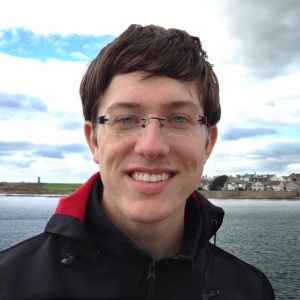 I’m a fourth year Computer Science student from Belgium with too much interest for the subject. I play and referee korfball for the university, and I am fascinated by Old English and Norse history and mythology. I plan on using the Laidlaw Internship programme to get into the field of Computer Science research.
I’m a fourth year Computer Science student from Belgium with too much interest for the subject. I play and referee korfball for the university, and I am fascinated by Old English and Norse history and mythology. I plan on using the Laidlaw Internship programme to get into the field of Computer Science research.
Project summary:
The Essence Domain Inference project aims to improve automated decision making by optimising the understanding of the statements used to define a problem specification. As part of the compilation of the high level Essence specification language, this project would tighten the domains to which a specified problem applies, with a domain inference algorithm.
The work is very much in the context of the recently-announced EPSRC grant working on automated constraint modelling in an attempt to advance the state of the art in solving complex combinatorial search problems. The modelling pipeline is akin to a compiler in that we refine a specification in the Essence language Billy mentions down to a number of powerful solving formalisms. The work Billy plan is to improve the refinement process and therefore the performance of the solvers, leading to higher quality solutions more quickly.
Patrick Schrempf:
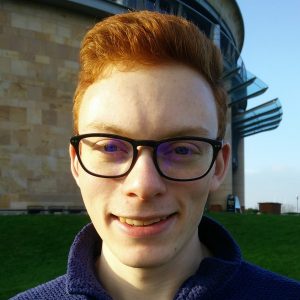 I am currently a third year Computer Science student from Vienna. After enjoying doing research with the St Andrews Computer Human Interaction (SACHI) group last year, I am looking forward to the Laidlaw Internship Programme. Apart from research and studying, I enjoy training and competing with the Triathlon Club and the Pool Society.
I am currently a third year Computer Science student from Vienna. After enjoying doing research with the St Andrews Computer Human Interaction (SACHI) group last year, I am looking forward to the Laidlaw Internship Programme. Apart from research and studying, I enjoy training and competing with the Triathlon Club and the Pool Society.
Continue reading


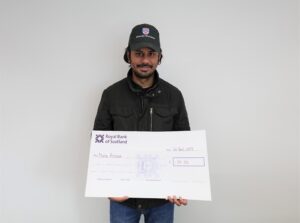
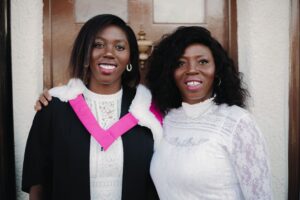
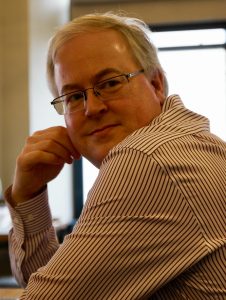
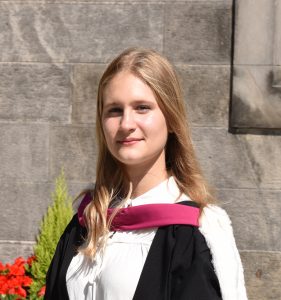
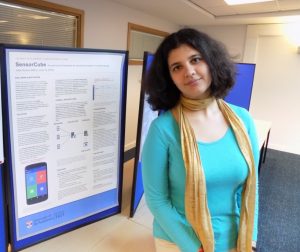
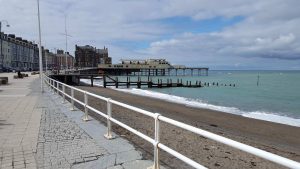
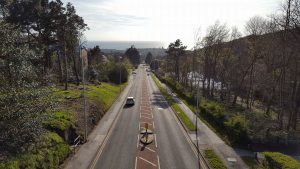 It showed great commitment for these three students to undertake the lengthy trip at a busy time of semester. Like St Andrews, Aberystwyth, is a beautiful small seaside town with an excellent Computer Science department. Iveta took a couple of photos showing off the beach and the campus.
It showed great commitment for these three students to undertake the lengthy trip at a busy time of semester. Like St Andrews, Aberystwyth, is a beautiful small seaside town with an excellent Computer Science department. Iveta took a couple of photos showing off the beach and the campus.
